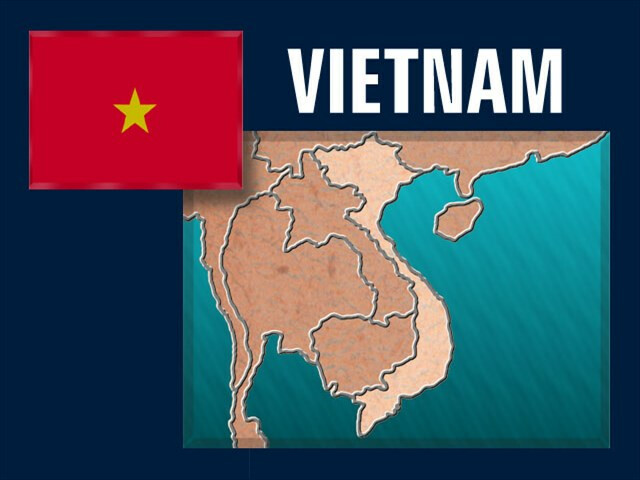Vietnam Reduces Tariff Rates For Six Countries on Beef and Pork
The main beneficiaries of the CPTPP tariff rate reductions for beef will be Canada and Mexico, which will see Vietnam's import duties on boneless beef decline from 15% to 5% initially, then drop to zero in 2020.

The Comprehensive and Progressive Agreement for Trans-Pacific Partnership (CPTPP) entered into force Dec. 30 for the six countries (Japan, Mexico, Singapore, Canada, New Zealand and Australia) that ratified the agreement by the end of October. Vietnam ratified CPTPP in mid-November, so its implementation of the agreement began on Monday, Jan. 14 - including initial reductions in Vietnam's import duty rates for beef and pork from CPTPP participants.
U.S. Meat Export Federation (USMEF) Economist Erin Borror explains that Vietnam is a promising market for U.S. beef and pork, but one that is highly competitive and very price-sensitive.
The main beef exporting countries in CPTPP are Australia, Canada, New Zealand and Mexico. Beef from Australia and New Zealand already enters Vietnam duty-free under existing trade agreements with the Association of Southeast Asian Nations (ASEAN). So the main beneficiaries of the CPTPP tariff rate reductions for beef will be Canada and Mexico, which will see Vietnam's import duties on boneless beef decline from 15% to 5% initially, then drop to zero in 2020. For bone-in beef, the duty rate declines from 20% to 6.6% initially and to zero in 2020. Vietnam's 10% duty rate on beef variety meat drops to 6% initially and is phased to zero over the next four years.
Borror adds that Canada and Mexico will also see the most benefit from Vietnam's reductions in pork import duties. Initially the duty rate for pork will drop from 15% to 11.2% under CPTPP, then decline to zero over the next seven years. For pork variety meat, the rate drops from 10% to 6%, then declines to zero over the next four years.
SOURCE: drovers.com